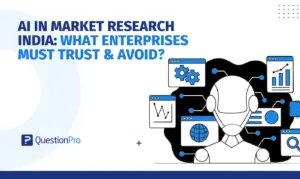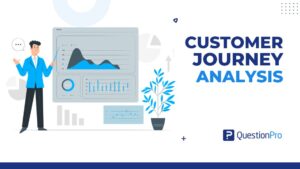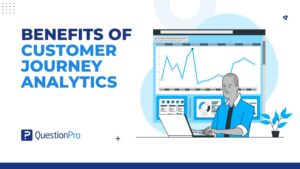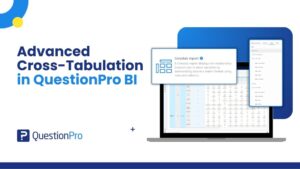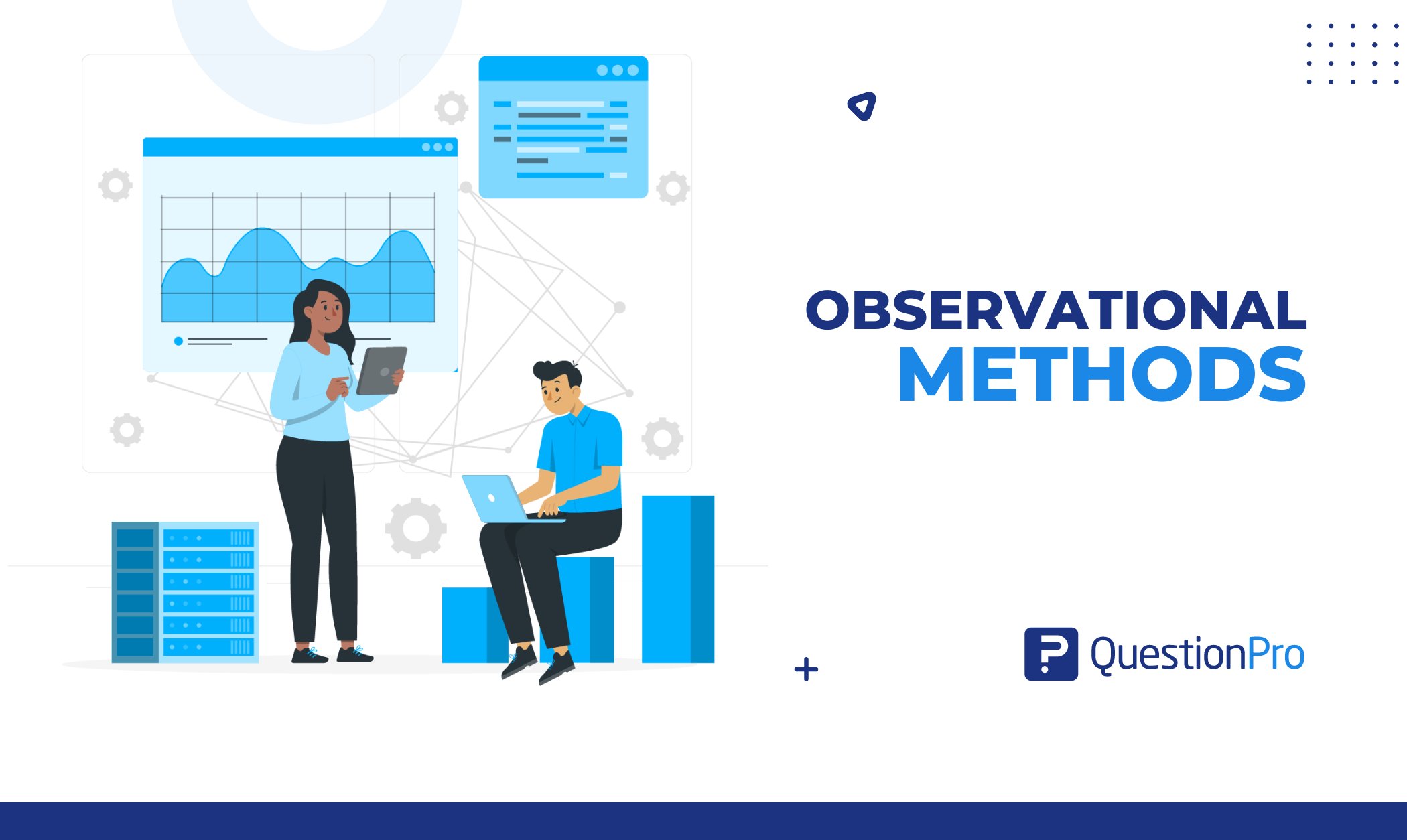
In the realm of research and scientific inquiry, gaining a deeper understanding of the world often requires a multifaceted approach. One of the most valuable tools in a researcher’s toolkit is the use of observational methods.
These methods allow us to glean insights from the natural world by observing and documenting phenomena as they unfold. In this article, we’ll delve into the world of observational studies, exploring what they are, their types, advantages, and how they contribute to expanding our knowledge across various field research.
What are observational methods?
Observational methods are research techniques used to systematically collect data by observing and documenting behaviors, events, or phenomena as they naturally occur in real-world settings.
Instead of manipulating variables or conducting experiments in controlled environments, the observational method involves passive observation of subjects in their natural setting.
These methods are commonly used in various fields such as psychology, sociology, anthropology, ecology, and more to gain insights into human behavior, social interactions, natural occurrences, and other complex phenomena.
What are some observational research methods?
Methods of observation for research are often used for qualitative research studies like thematic analyses and foundation theory. These techniques are possible in observational methods and data-gathering phases in natural conditions.
The observational research method systematically observes and records behaviors, events, or phenomena without intervening or manipulating variables. These types of observational techniques are commonly used in various fields, including psychology, sociology, anthropology, and natural sciences. Here are some commonly used observational data research methods:
Naturalistic observation
Researchers observe subjects in their natural environment without manipulating or controlling the environment. This method aims to capture authentic behaviors and interactions. For example, a researcher might observe children’s play behavior in a schoolyard.
Participant observation
The researcher becomes actively involved in the group or environment being studied. This may involve participating in activities, building rapport, and gaining an insider’s perspective. This method is common in ethnographic studies and cultural anthropology.
Structured observation
Researchers define specific behaviors, events, or criteria to observe and record. This observation method is useful when the research question focuses on a particular setting or aspects of behavior. An example could be observing the frequency of specific interactions in a workplace.
Unstructured observation
Unlike structured observations, this method involves observing a situation without predefined categories or criteria. It allows the researcher to capture unexpected behaviors or interactions that might not be anticipated. This approach is often used in exploratory research.
Case studies
Observing and analyzing an individual, group, or event in-depth. These observational methods involve collecting a wide range of data from various sources, such as interviews, documents, and observations, to understand the subject comprehensively.
Cross-sectional observational study
Researchers collect data from a group of participants at a single point in time. This method is commonly used in surveys and studies examining prevalence or correlations.
Longitudinal observational study
Data is collected from the same group of participants over an extended period. This method allows researchers to study changes and developments over time, providing insights into trends and causal relationships.
Behavioral coding
Researchers create a systematic coding system to categorize and quantify observed behaviors. This method enhances objectivity and allows for statistical analysis of behaviors.
Event sampling
Observers record specific events or behaviors of interest when they occur. This approach is helpful when certain behaviors are relatively rare or difficult to predict.
Time sampling
Observations are recorded at predefined intervals, helping researchers gather data across different times of day or situations. This method is useful for studying behaviors that have patterns or variations throughout the day.
One-way mirror observations
Researchers observe participants through a one-way mirror or a hidden camera, ensuring that the participants are not aware of being observed. These observational methods are often used in psychology and child development studies.
Online observations
With the rise of digital communication, researchers can observe and analyze online interactions, discussions, and behaviors on social media platforms, forums, and other online communities.
Advantages and challenges of observational methods
Observational research methods involve the systematic observation of subjects in their natural environment without the manipulation of variables data. These methods are widely used in various fields, such as psychology, anthropology, sociology, and more. Here are some advantages and disadvantages of observational research methods:
Advantages of observational methods
- Ecological validity: The observational method excels at capturing behaviors and phenomena in real-world settings, providing a high degree of ecological validity. This means that the findings are likely to be applicable to real-life situations.
- Unobtrusiveness: Since researchers are merely observers, there is minimal interference with the natural flow of events or behaviors, leading to more authentic and unbiased data collection.
- Exploratory insights: Observational methods are particularly useful in generating hypotheses and exploring new areas of research. They can provide a foundation for more controlled experimental studies.
- Contextual understanding: These methods allow researchers to understand the context and complexity of behaviors, shedding light on the “why” and “how” behind certain actions.
Challenges and considerations
While observational methods offer a wealth of benefits, they are not without challenges:
- Observer bias: Researchers’ beliefs and perceptions can unintentionally influence observations, leading to data collection and interpretation bias.
- Limited control: It doesn’t provide the level of control that experimental methods do. This can make it challenging to establish definitive cause-and-effect relationships.
- Ethical concerns: In some cases, observing people’s behavior without their consent might raise ethical questions, particularly if privacy is compromised.
Conclusion
Observational methods serve as powerful tools for researchers seeking to uncover insights into various phenomena across disciplines. Whether studying animal behavior, human interactions, or complex social dynamics, these methods offer a window into the natural world that controlled experiments often cannot replicate.
By carefully considering the type of observational method to use, researchers can harness the strengths of this approach to enhance our understanding of the world around us.
Incorporating QuestionPro into observational methods enhances data collection efficiency and accuracy. Its digital tools, multimedia support, and collaborative features streamline real-time data recording while analysis tools reveal valuable insights. QuestionPro empowers researchers across disciplines to optimize observational research for more impactful results.




